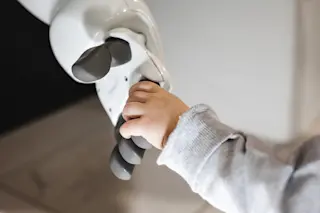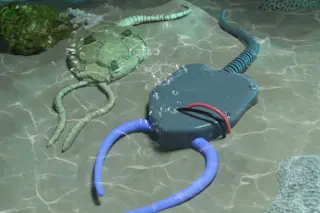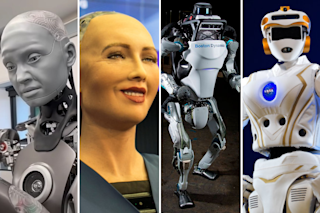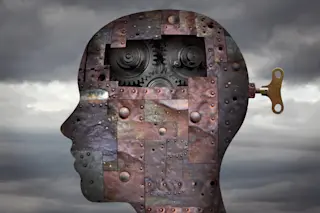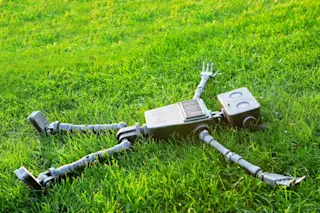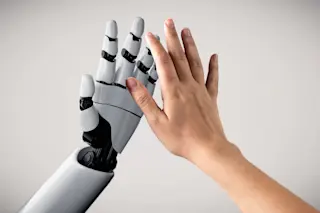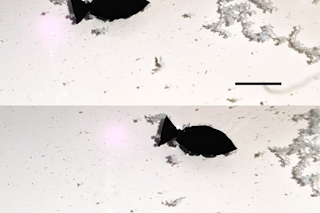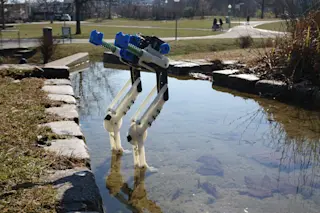Usually the only alcohol-powered muscles are the ones in barroom brawls, but one scientist is adding alcohol to artificial muscles to power robots and more.
Scientists at the University of Texas at Dallas have developed "artificial muscles"—science's best attempt at mimicking natural muscles. But they're not made with the hydraulics or gears that power most of today's big, strong machines. These muscles are made of an elastic metal called "shape memory wire." "These artificial muscles are able to do over a hundred times more work per cycle than a natural muscle," head researcher Ray Baughman says, "They're a hundred times stronger than an actual muscle."
Most robotic muscles are powered by an electrical current. But as he reported in the journal Science, Baughman's artificial muscles are powered by chemical energy, just as human muscles are.
In one experiment, Baughman used alcohol to fuel the movement of these artificial muscles. His ...



